Two Steps Forward, Two Steps Back
February 20, 2018
Attending a small liberal arts college in northwestern Iowa can feel a lot like living in a bubble, but I think most of us will agree that we certainly are not cut off from the harsh realities facing the rest of the world. Just last semester this very campus experienced a number of incidents involving racism, bigotry, and the ongoing fight for racial equality. Buena Vista University is meant to feel like home for faculty, staff, and students, but closed-mindedness and ignorance will never have their place on this campus.
In response to those events, BVU hosted an event on February 19th entitled “I’m not racist…am I?” as part of the Academic and Cultural Event Series. The event featured a private screening of a film following twelve high school students in New York City participating in various workshops to deconstruct systematic racism throughout the course of one academic year.
This group of teenagers included a diverse mix of genders, races, and socioeconomic backgrounds. The project leaders quickly dove into the topic at hand, and throughout the film viewers followed the thoughts and feelings of these young kids as they digested what racism means and what place it has in their lives. They discussed privilege and opened up to each other about the experiences they had incurred from their vastly differing points of view. They broke down the connotations behind usage of the N-word and explained to their peers why using words like “halfie” to refer to someone who is biracial is unacceptable. The film spared no topic, and at times I was able to feel the tension in Schaller Chapel rise as the subject matter became more sensitive.
One of the filmmakers facilitated an audience discussion once the viewing of the film concluded. He began by asking the audience to shout adjectives to describe what they thought of the film or how the film made them feel. Immediately silence ensued, as it often does at these types of events, but the first audible word came from a gentleman sitting one row behind me.
“Retarded.”
The filmmaker standing at the edge of the stage wasn’t able to hear him clearly, so he asked him to repeat himself.
“Confused.”
After hearing the low gasps and seeing the reactions of those in the surrounding rows, the gentleman had changed his adjective. The rest of the audience quickly began offering similar responses.
An infinite number of emotions plagued me ranging from fury to bewilderment. I noticed that my hands were balled into fists. I couldn’t fathom that at an event hosted specifically to fight for equality one of my peers would openly shout, “Retarded.” I hoped that the gentleman sitting behind me had understood the gravity of his mistake, and I resolved to pay attention to the discussion at hand.
One of the most prominent themes from the film as well as the audience discussion was that we as humans need to actively engage when another person says or does something that isn’t right. To teach people that the terms they use when referring to people of a particular race or background aren’t acceptable, we need to speak out when it happens. Many audience members iterated over this idea, and I knew that I couldn’t sit through a half hour of it without saying anything to the person behind me who so casually used similarly offensive language.
After the event ended, I made sure to stop this individual before he left and let him know that his use of the word “retarded” was unacceptable. His response was, “Yes, it is.” Immediately taken aback, the only retort I had in my arsenal was, “Excuse me? No it’s not.”
“Yes it is. Freedom of speech. Don’t try to tell me what I can’t say.”
Nearly paralyzed in disbelief, I urged him to stop using the word as he sauntered away and back up the aisle of the chapel. He let me know that he wasn’t going to and continued strolling away. I was stuck for awhile in utter disbelief. This event had opened up a much needed dialogue about racism, and I believed that as a campus we took steps in the right direction because of it. Nonetheless, equality is a fight being fought on many fronts, and ignorance exists in many different fashions. Perhaps I don’t have the right words to explain why using the word “retarded” is offensive, and perhaps I don’t have the right words to explain why, even though he was fully confident in his use of the word, the gentleman felt the need to change his response once he saw the reaction of those around him. I do know how to speak up when I hear someone using language that oppresses another group of people, and I do know that I’m not going to stay quiet about it. Don’t agree with me? Come talk to me. Let’s open up another dialogue.



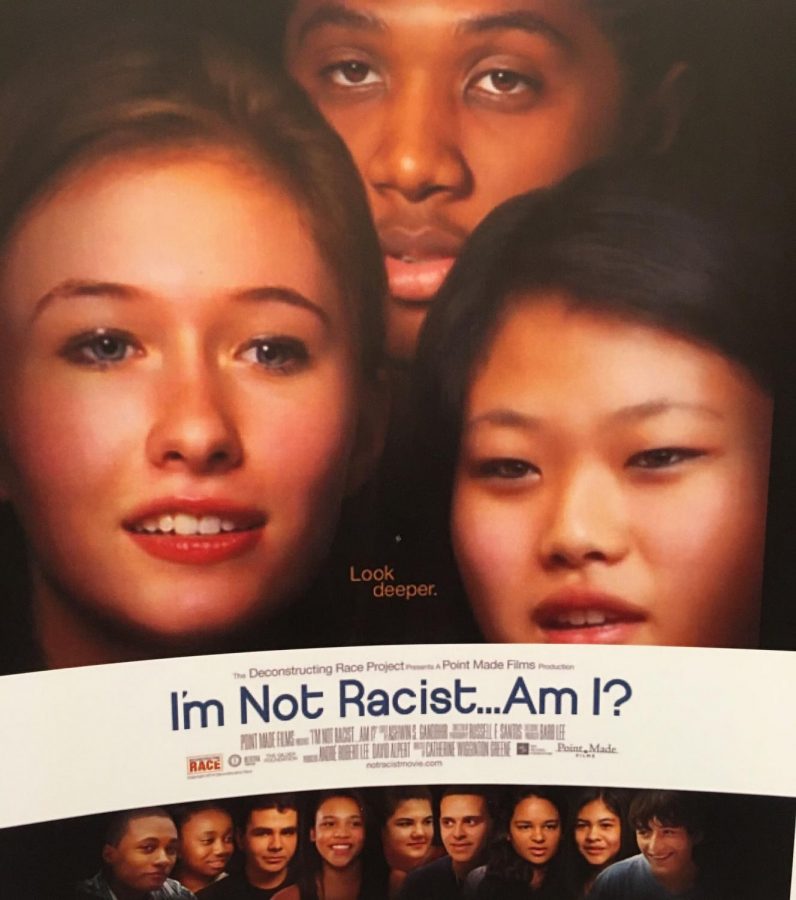
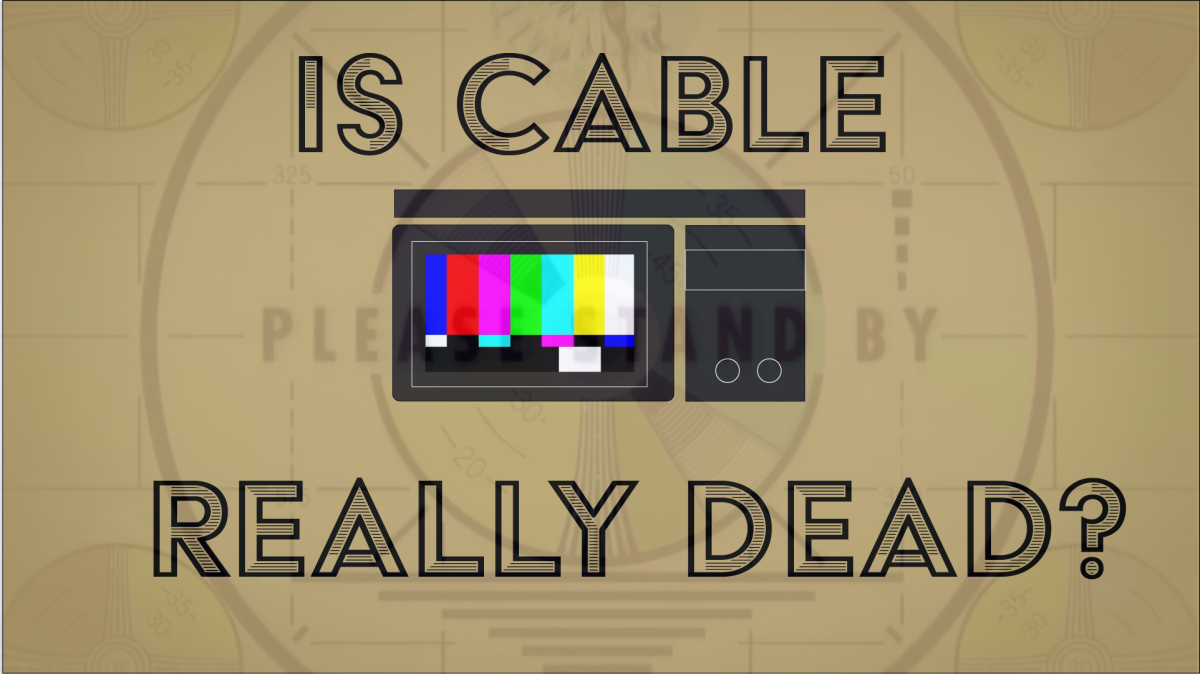
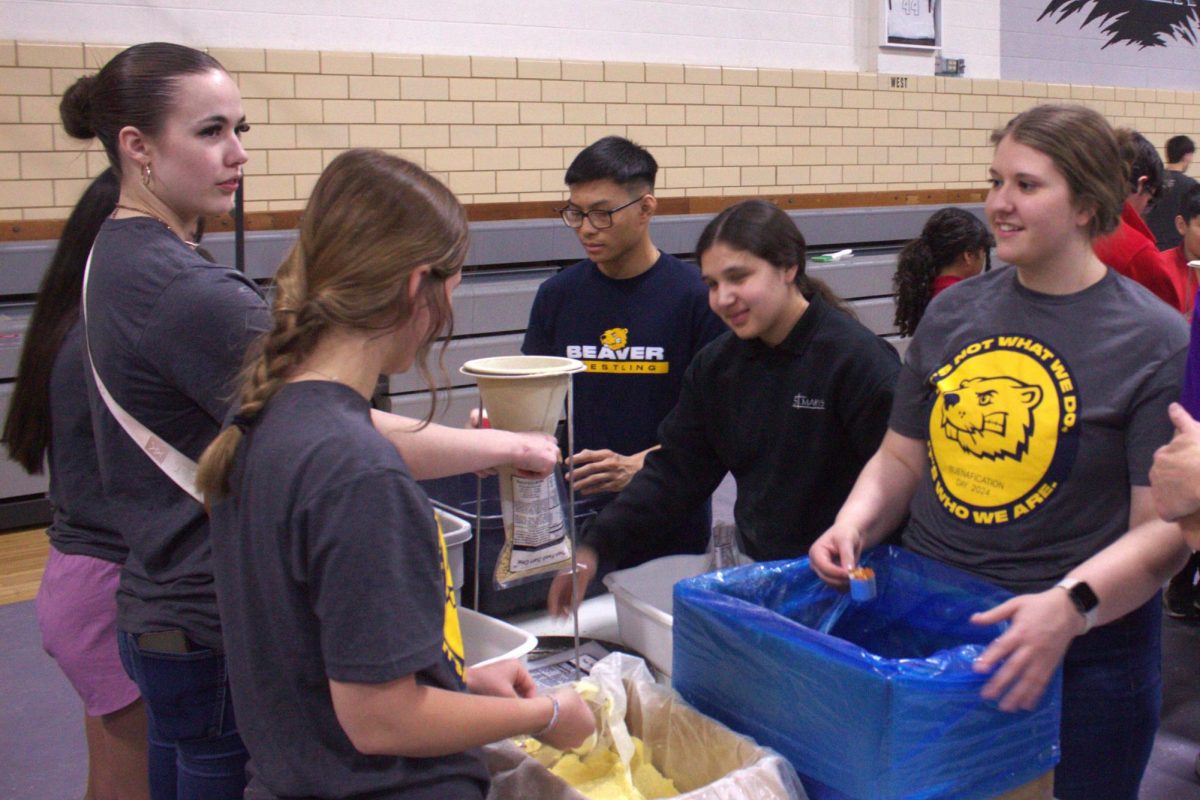
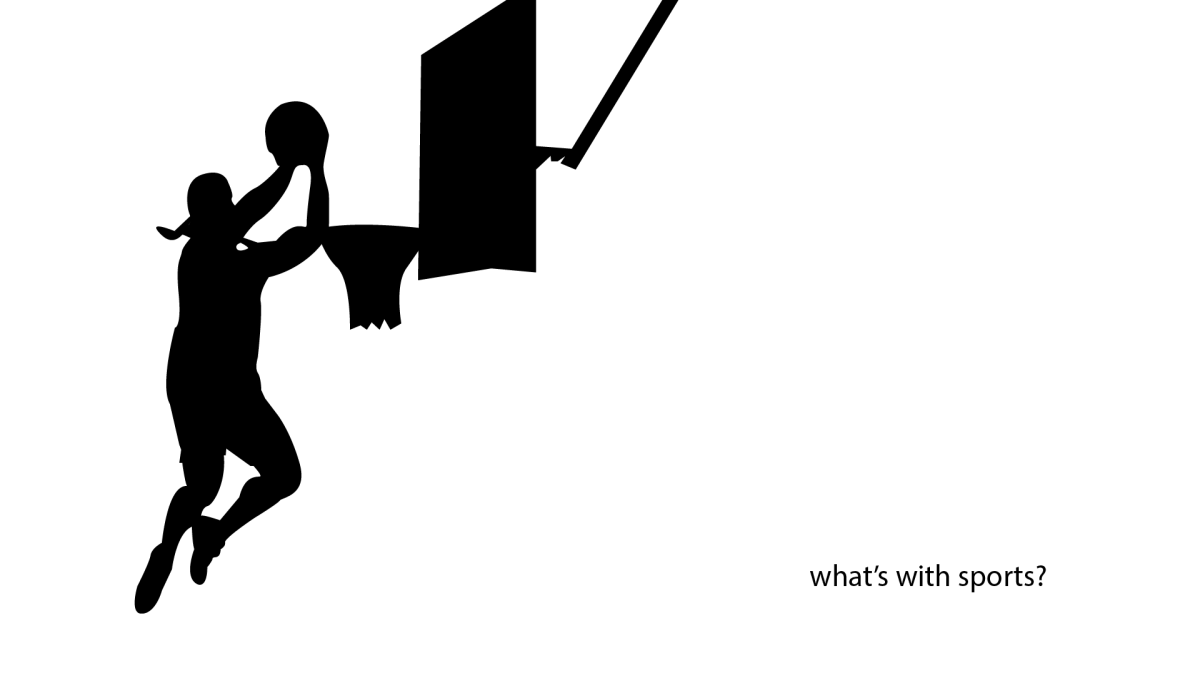
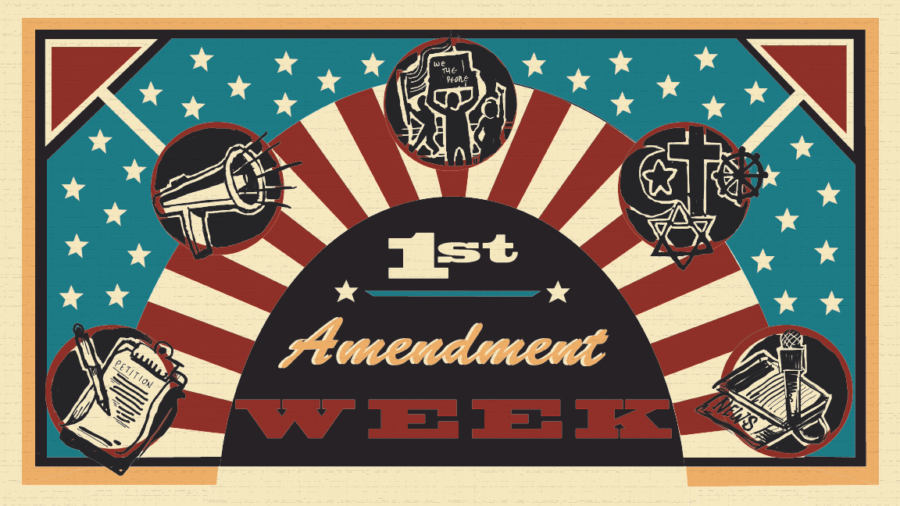
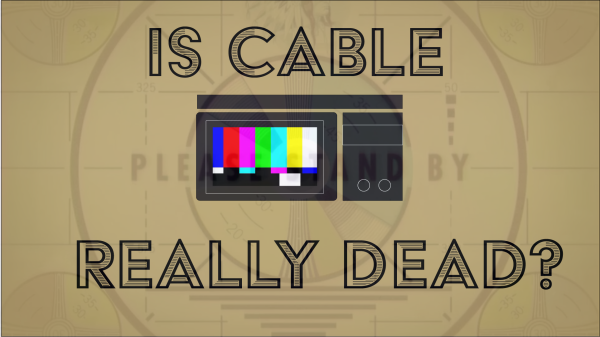
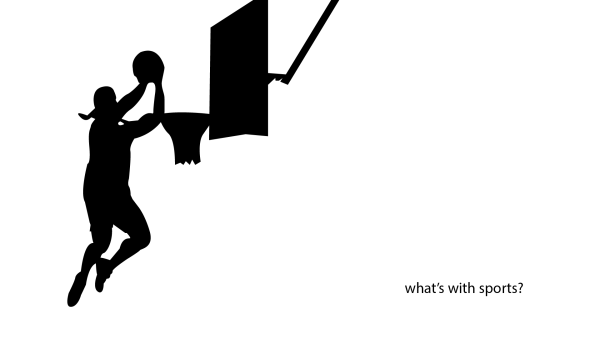
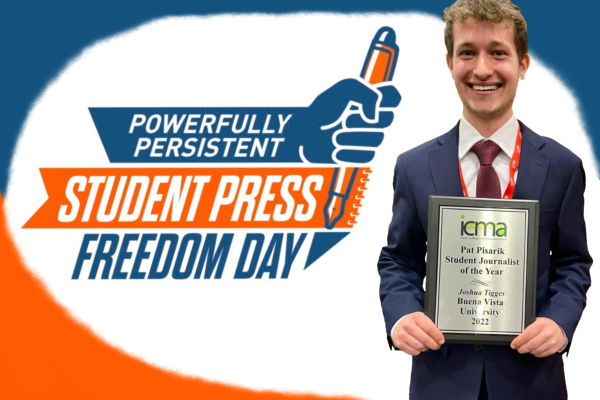
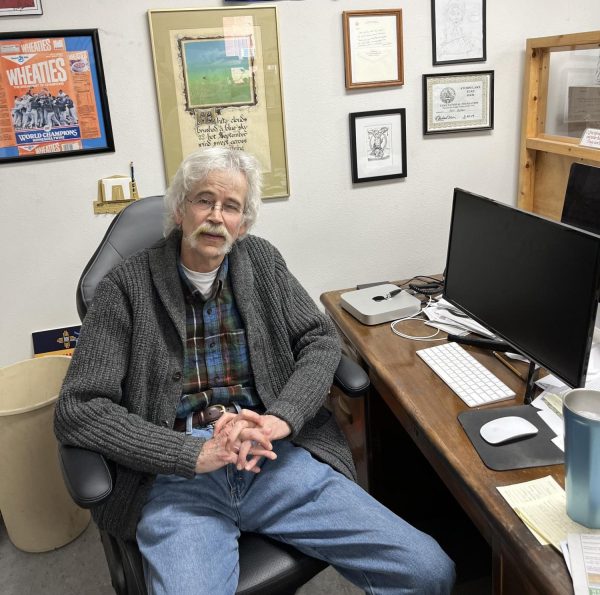
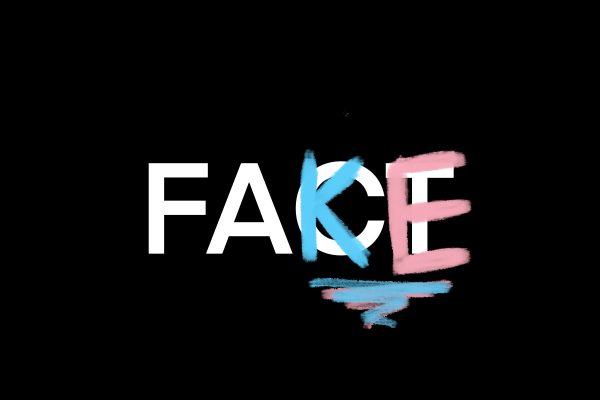

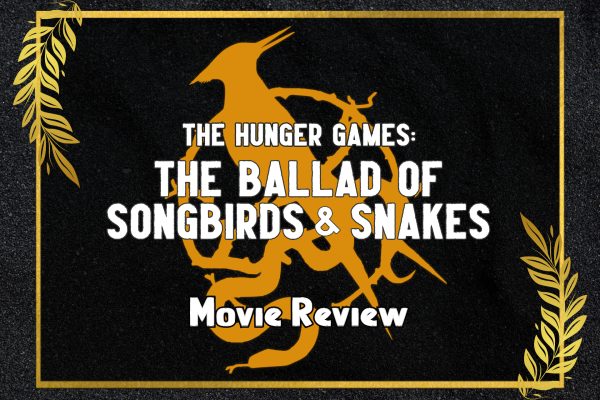
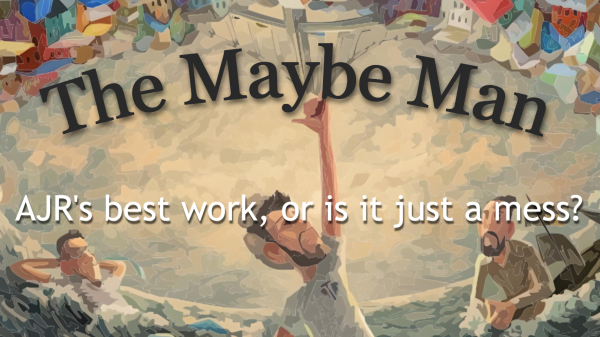
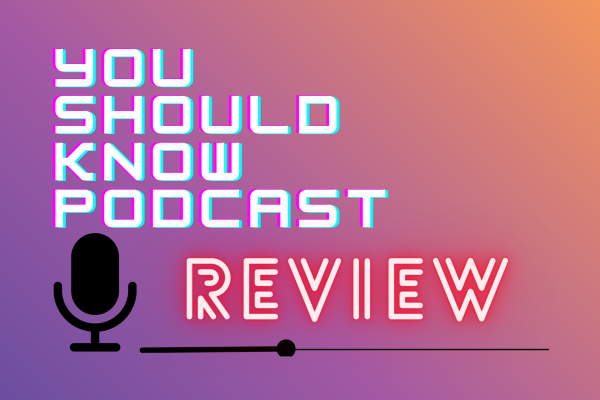
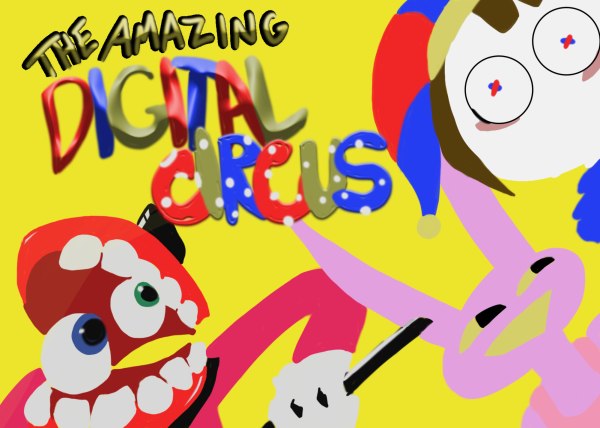

Dawson Cooper • Feb 21, 2018 at 10:08 pm
This is very well-written! I am glad to hear such a film was shown & conversation had at BV. Personal stylistic opinion, this person didn’t need to be gendered. More detail / articulate language on his look & demeanor could be used, but to be holistically inclusive, we can choose more general terms in the gendering piece. Keep viewing these events and discussions in this life, Sarah. People need to hear about what we can do to change the narrative around us and educate others. If we do not give examples of how else we can exist in our spaces, they may never know or wake up! Keep doing awesome things. ✊?
Dawson Cooper • Feb 21, 2018 at 10:17 pm
Light, not life ***
Channing Kimble-Brown • Feb 21, 2018 at 8:05 pm
You had every right to confront him, that word is extremely ableist and he was clearly going out of his way to make everyone uncomfortable and undermine the purpose of this event. I’m proud of you for taking to him but unfortunately people like that want to hurt people and aren’t really interested in empathizing with marginalized people… But regarding not having the words to explain why it was wrong, in an effort to find wisdom from people directly affected, I found this older piece about the r word on a website that promotes writers with mental developmental disabilities: http://autisticadvocacy.org/2012/10/calling-people-the-r-word/
Corey McConnaughy • Feb 20, 2018 at 9:24 pm
Thank you for standing up to that imbecile, Sarah. I really appreciate your bravery to put him on blast.
Lately, I’ve grown infuriated with Facebook because their support services see absolutely nothing wrong with users openly using “retarded” to describe their dislikes and to insult others who never even harmed them. What that manchild doesn’t understand is that it’s a derogatory slur which damages people like me–that’s exactly why I chose to describe the documentary with the word “empathetic.” I am by no means the repulsive word choice he audibly smeared throughout the chapel; I am smart in my own right.What that bastardization of everything this university holds dear failed to do is taste a sample of the acid before spewing it. In fact, what he also did was declare he is not ready for college and, in turn, killed his own credibility; he is now a coward on campus.